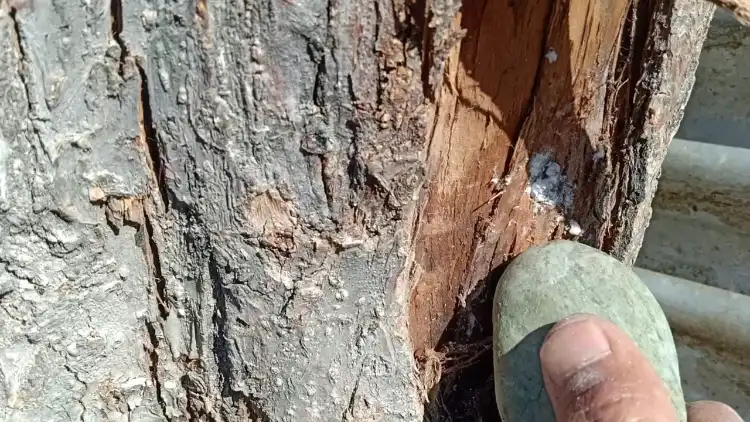
Faroz Ahmed
For the people of Kargil in Ladakh, the year may have started at a joyful note after the only road connecting the district with Jammu and Kashmir was cleared of snow much in advance and hopes of traffic resuming soon soared, yet there is a threat lurking around in this.
The early opening of the road is certainly credited to Project Vijayak team of the Border Roads Organization (BRO) teams, but some credit should also go to the phenomenon called climate change that led to lesser snowfall this winter.
This reduction in snowfall and a milder winter is a cause of worry for farmers of the cold desert region. There is palpable fear that the sudden rise in the temperature will have dire consequences for the agriculture and horticulture sector.
Dr Mehdi Akhone, the Principal Scientist at Krishi Vigyan Kendra, Kargil, fears that these changes will lead to an increase in the population of pests and impact the fruit and grain production. He said that in the past, the temperature used to dip to minus 30 degree Celsius, that helped in the natural elimination of the insect and pests of fruit and forest trees.
Among the harmful insect that causes severe damage to fruit crops like apple and forest trees like willow are Codling moth and Gypsy moth in the lower and upper belts of Ladakh respectively.
Dr Akhone advised farmers and others to come forward and make efficient utilization of idle time by moving around in their apple orchards and removing loose barks of trees. The cottony cocoon that is found underneath the back should be destroyed as much as possible to check the spread of the infection caused by these pests. He said it should be done become the onset of summer as by that time the undestroyed cotton balls will give rise to adult pests.
For management of gipsy moth, he asked the farmers to go around in areas where willows (Broklchang) grows naturally. They must check the cracks and crevices on the bark of the tree and remove the cottony substance that is egg masses. These egg balls should be placed into a soap water solution for destruction.
He said there is an urgent need for people to work on his instruction so that the region becomes free os pests in 4-5 years without requiring any chemical sprays that cause damage to the environment.
He warned that people need to be very vigilant as these pests can cause extensive damage and it could lead to the collapse of agriculture and horticulture sectors.
